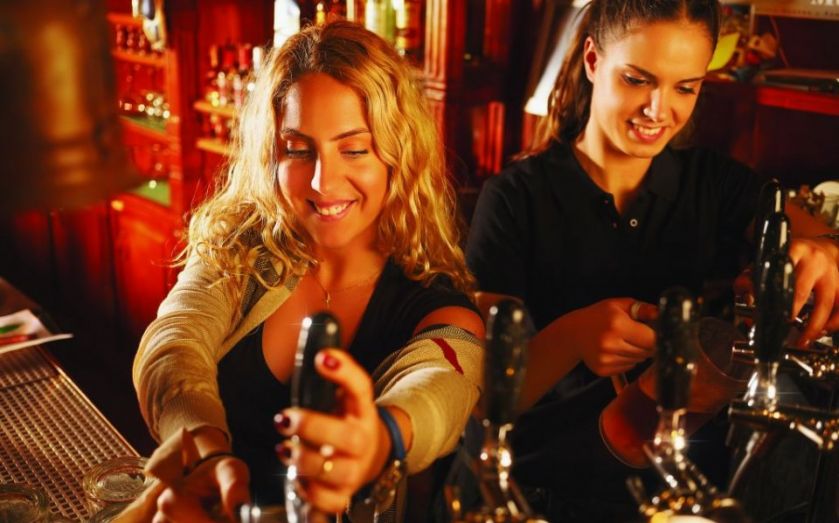| Updated:
Pub industry says end of beer tie system could lead to closures and job losses

Britain’s pub groups woke up with a hangover yesterday after MPs voted in favour of a shake up of Britain’s nearly 400-year-old beer-tie system, warning that a change to rules could lead to further pub closures across the country.
Companies. including Enterprise Inns and Punch Taverns – two of the UK’s largest tenanted pub owners – were flabbergasted by the vote 284 to 269 in favour of allowing pub tenants to pay market rent and buy their beer from any supplier. MPs from Labour and Liberal Democrat benches voted against the government amendment to pass the controversial change.
A government source last night made clear that the bill would not be blocked in the House of Lords and that ministers would not seek to overturn the decision. The news will come as a blow to pubcos, which have been lobbying hard for the Bill to be reversed in a bid to keep tie-in deals.
More than 13,000 of the UK’s 55,000 pubs are run under beer-tie agreements, which mean they buy beer from the firm that holds their lease at above market prices in return for subsidised rent and other benefits, such as help with the upkeep of the pub.
Enterprise Inns and Punch Taverns, which together own around 9,000 pubs – most of which are tied – said that the move contradicted the government’s own research, which showed an end to the beer-tie could lead to between 700 and 1,400 more pubs closing with 3,700 to 7,000 job losses.
“This amendment, which was not supported by the government, threatens to have serious unintended consequences for publicans and the industry at large,” Enterprise said.
Heineken added that the move would “threaten vital investment” and made it tougher for people to enter the market and own their own pub. Its Star Pubs & Bars business owns 1,100 pubs, all of which are tied.
Shares in Enterprise and Punch plunged almost 17 per cent, Greene King dropped nearly three per cent and Marston’s was also down 3.2 per cent.
THE END OF THE OLD PUB TIE
Supporters and critics of the so-called beer tie were quick to voice their hopes and concerns yesterday on a custom that dates back as far as the 17th century.
The tied-estate system started gaining ground in the middle of the 1600s when breweries were developing burgeoning commercial enterprises.
Keen to beat off stiff competition in increasingly urban areas, breweries would tie-in certain pubs to control their market share.
The alternative to a tied-house became the free houses, which were independent, and still exist to this day.
By 1830, more than half of publicans were tied to a commercial brewer – attracted by the lucrative loans brewers made to them for business improvements, in return for selling their beer.
Just 12 breweries dominated 85 per cent of production in Britain, according to data from an Economic History of London by Professors Michael Ball and David Sutherland.
As an example of the tied-system’s dominance, one of the biggest brewers at the time, Whitbread, sold most of its beer (about 60 per cent to 75 per cent) through a tied house.
Most of Whitbread’s sales – about 75 per cent – were made through houses tied via a loan. The wave of brewery mega-mergers in the 1880s provided further capital for breweries to consolidate their grip, and tied-houses rose from 70 per cent of all licences granted in 1886 to 95 per cent in 1913.
By the 1980s just six brewers dominated the majority of the market: Whitbread, Allied, Bass, Courage, Grand Metropolitan, Scottish & Newcastle.
The Beer Orders Act, made law in 1989, put a cap on the number of tied-pubs a brewery could own to 2,000 and permitted the entry of so-called guest ales.
This led to the establishment of so-called pub companies, dubbed pubcos, to own pubs, but not brew beer.